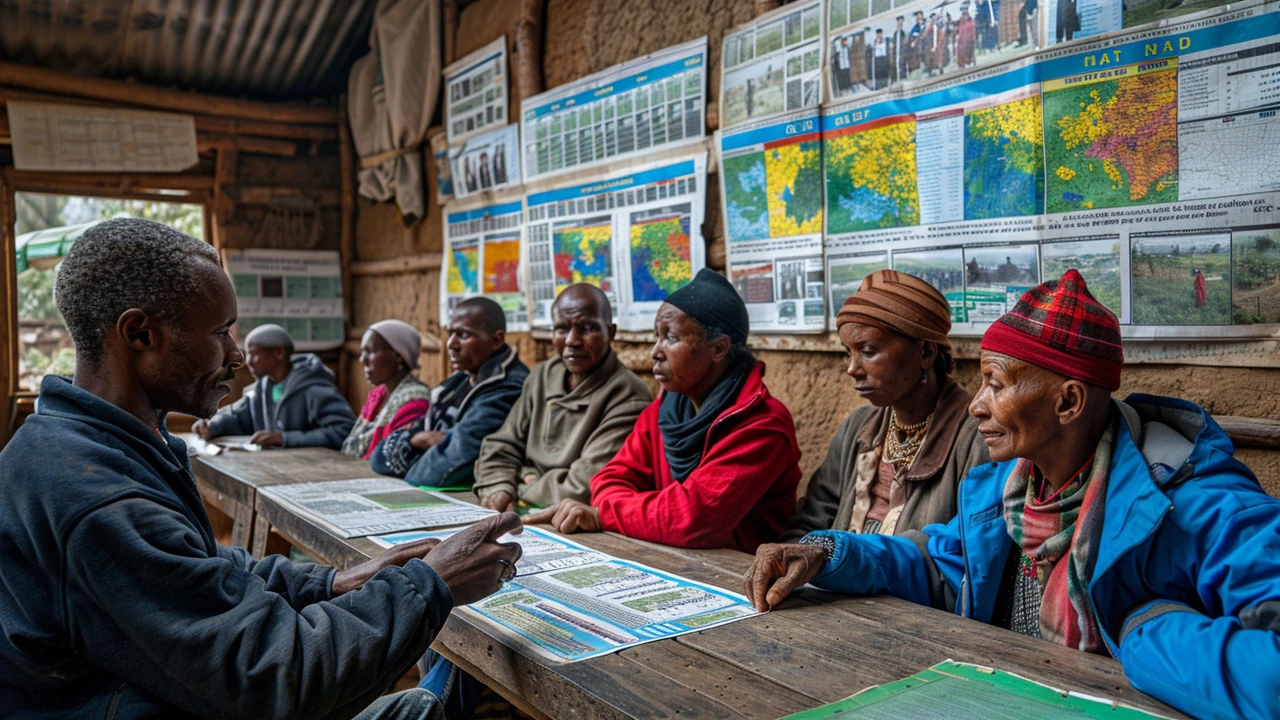Occupational Therapy Careers in Ethiopia: Jobs, Salaries, and Real Opportunities
Thinking about a future in occupational therapy in Ethiopia? You're not alone. More people are looking for healthcare jobs with purpose and solid career prospects. But what does it really mean to work as an occupational therapist here, and what can you actually expect day-to-day?
Occupational therapy in Ethiopia is growing, especially as awareness of physical rehabilitation and mental health climbs. Hospitals, private clinics, and NGOs often look for well-trained therapists. The real catch? Well-qualified OTs are still rare, so qualified candidates can find themselves in high demand.
Let’s talk numbers. Salaries for occupational therapists in Ethiopia usually depend on experience, the city, and the place you work. For example, government hospitals tend to pay a standard wage. Private clinics or international NGOs might offer more, especially if you bring extra certifications or years on the job. Although salaries can be modest compared to some global standards, they often offer more room to grow as the field advances locally.
Job stability matters, right? Healthcare jobs stay pretty reliable, and occupational therapy is no different. Some therapists move up to manage rehab centers, run their own practices, or jump into training new students once they’ve built some years of experience.
If you worry about working conditions or finding guidance, consider this: Ethiopia is investing more in health infrastructure and education. Cities like Addis Ababa lead, but even in regional centers, clinics and organizations look for fresh OT talent and offer on-the-job support. NGOs and community projects sometimes partner with local health offices, giving you extra chances to learn and grow.
Qualifications? Most employers in Ethiopia want a degree in occupational therapy or a similar rehab field. If you’ve got international training or licenses, double-check with local authorities—the Ministry of Health often needs to validate your papers. Language can be a hurdle, so some Amharic or other local languages can really boost your job search.
Curious what a normal day looks like? You might work with people recovering from injuries, kids with developmental delays, or elders needing help with daily living. You’ll use creative, hands-on approaches, making each day feel different. Some days, you’ll shift between patient care, team meetings, or even home visits in rural communities.
Got ideas for the future? Ethiopia's health sector is changing, and new programs are always launching. If you're serious about building your OT career—or even hope to shape policies down the line—starting now could put you ahead of the curve.
It's not just about paychecks. Most therapists say the best part is helping people return to a normal life—the impact is real. If you’re ready to take the plunge, dig into local job listings, polish your resume, and reach out to Ethiopian healthcare networks. The demand is growing, and chances to make a real difference are open for those who leap in.





